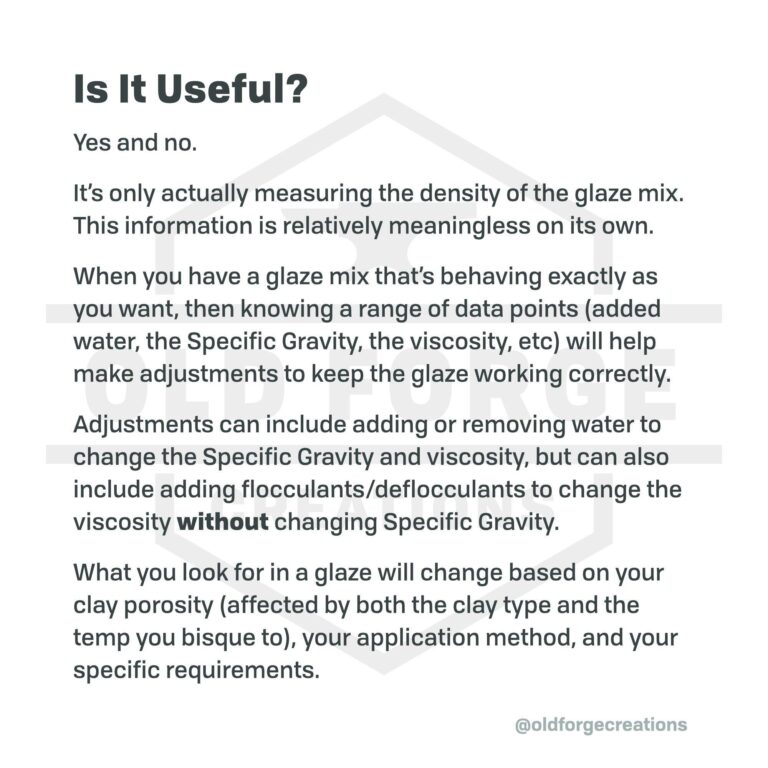New Developments in Congo Peace Negotiations: Togo’s President Takes Charge
In a important diplomatic advancement, the African Union (AU) has appointed President Faure GnassingbĂ© of Togo as the new mediator for the ongoing peace talks concerning the Democratic republic of the Congo (DRC). This decision comes at a time when tensions and conflicts are escalating in the region,wiht various factions striving to address long-standing issues that jeopardize stability and governance.The AU’s choice of GnassingbĂ© is a strategic move aimed at leveraging his extensive experience in regional diplomacy to foster dialog among conflicting parties. As global observers monitor these developments closely,this initiative could have profound implications for both the DRC and East Africa.
Togo Leader Appointed to Reinvigorate Congo Peace Talks
The African Union has taken an significant step towards revitalizing stalled peace discussions in the Democratic Republic of Congo by designating its president as mediator. This action directly addresses rising violence and unrest within the DRC, which have obstructed efforts toward achieving lasting peace. Analysts suggest that introducing a new mediator may offer fresh insights and possibly unlock progress in negotiations that have been hindered by complexity and mistrust among rival factions.
Key elements regarding this mediation initiative include:
- The selection of Togo’s President reflects a strategic effort by the AU to utilize his diplomatic expertise and influence within West Africa.
- Thorough consultations will be held with Congolese leaders and other stakeholders to gauge their positions before formal discussions begin.
- The AU aims to establish clear timelines for negotiations, ensuring accountability while addressing concerns about previous delays.
The Role of Togo in African Diplomacy: A Mediation Strategy
Togo is increasingly acknowledged for its diplomatic contributions across Africa as nations seek effective mediators for conflict resolution. The recent appointment of its leader as mediator in ongoing talks about Congo highlights Togo’s strategic significance in fostering dialogue and peace throughout the region. This role not only capitalizes on geographical advantages but also underscores Togo’s growing reputation as an impartial entity capable of bridging divides between conflicting parties. Its commitment to mediation emphasizes collaboration over confrontation, positioning it well for guiding contentious discussions toward constructive outcomes.
Togo’s rich history in international diplomacy further enhances its standing within African politics. With experience engaging various political factions, it has demonstrated proficiency at navigating complex stakeholder interests effectively. Key factors contributing to Togo’s diplomatic strength include:
- A Neutral Stance: As a non-aligned nation, Togo can engage with diverse groups without past biases influencing interactions.
- Experienced Diplomats: The country boasts skilled diplomats adept at negotiation tactics essential for resolving conflicts.
- Collaborative Initiatives: Actively partnering with regional organizations and international bodies bolsters its diplomatic efforts.
This combination not only solidifies Togo’s role as an effective mediator but also positions it as an emerging hub for peace negotiations across Africa. A closer examination reveals notable engagements illustrating this point:
| Mediation Engagement | Outcome Achieved | Date |
|---|---|---|
| Crisis Negotiations with Burkina Faso |
Togo’s proactive engagement in conflict resolution is complemented by initiatives aimed at strengthening regional relationships while promoting peaceful coexistence among nations. By actively participating through these diplomatic channels, it enhances not only its own international profile but also contributes substantially towards broader stability goals across Africa. The upcoming talks regarding Congo present another chance to showcase Togolese mediation capabilities—further establishing itself as an influential player on this front.
Enhancing Negotiation Processes Amidst Congolese Conflict
A successful negotiation process concerning ongoing conflicts within Congo necessitates several strategic recommendations be implemented.Firstly,a focus on local stakeholder engagement is crucial;This involves creating platforms where community leaders,women’s groups,and youth organizations can voice their concerns effectively.Incorporating these perspectives will lend legitimacyto negotiations while addressing underlying causes fueling discord—ultimately paving pathways toward enduring resolutions.Furthermore,the participationofregional actors—nations directly impactedbytheconflict—shouldbe strengthenedto fosterholisticapproachesconsideringbroadergeopoliticaldynamics.
Additionally,it remains vital toestablishmonitoringandevaluationmechanismsduringtheentirenegotiationprocess.Aclearframeworkcanfacilitateprogress trackingandholdallpartiesaccountable.Recommendationsincludethefollowing:
- Regularassessmentmeetingswithstakeholdersto evaluateoutcomesfromnegotiations.
- Utilizationofthird-partyorganizationsforunbiasedreportsonprogressmade.
- Developmentofinteractionstrategiesthatkeeppublicinformed,builtrustintheprocess.
Final thoughts on Recent Developments
TheAfricanUnion’sdecisiontoproposetheappointmentofthePresidentofTogotoleadongoingCongoTalksrepresentsarenewedcommitmenttowardaddressingcomplexchallengesfacingtheregion.asauseeksviablesolutionsforlong-standingissuesrelatedtoconflictgovernanceandeconomicstabilitywithinDRC,thechoiceofamedicatorfromacountrywithitsownpoliticalintricaciesbringsbothoptimismandskepticism.stakeholdersacrossallsectorswillbewatchingcloselytowhethertheinitiativecanbreakcurrentdeadlocksandfacilitateconstructivedialogueleadingtolastingpeace.Thecomingweeksarecriticalasdiscussionsresume,andengagementfromregionalleadersalongsideinternationalpartnersremainsvitalinshapingafuturefortheCongo.







